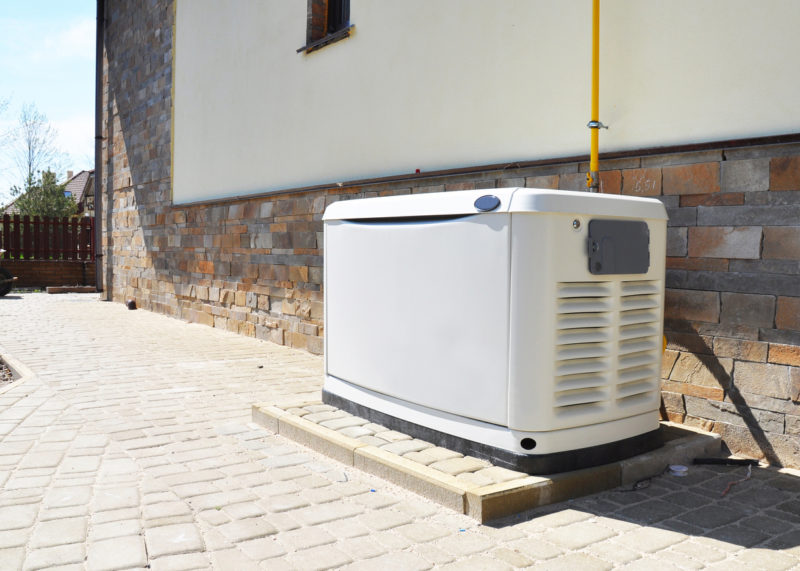A generator can keep you and your family members comfortable during a power outage. It can prevent the food in your refrigerator and freezer from spoiling, and it can allow you to use many other appliances. Here’s some information about how to determine what size generator you need, the fuel types available, and how to decide what size you need for your Dover, Delaware, home.
How Generator Sizing Works
The size of a standby generator is based on its electrical output, not the amount of space it needs. Manufacturers measure capacities in watts or kilowatts. If you choose a generator that’s too small for all your needs, it could overheat and shut off automatically. A model that’s too large will need more storage space and more fuel to run. It will also cost more.
Fuel Options
You can choose a generator that runs on propane, natural gas, diesel fuel, or gasoline. The type of fuel won’t change the generator size you need. Propane is more efficient, so you can use less of it than diesel or gas to run a generator with the same capacity. However, it’s also more costly. Natural gas is inexpensive, but you’ll need service from a utility company. You can find gas or diesel fuel at any gas station, but propane is easier to store safely.
How to Determine What Size You Need
The generator size you’ll need depends on the size of your home and the appliances you want to use. You can choose a smaller whole-home generator to power your washing machine, dryer, heater, refrigerator, and water heater. With a larger model, you can use your garage door opener, stove, microwave, dishwasher, televisions, and computers as well. A professional can help you calculate the generator size that’s best for your home.
Griffith Energy Services has over a century of heating and cooling experience. We have an A+ rating from the Better Business Bureau, and we can help you find the ideal generator for all your needs. Call us anytime at 888-474-3391 for quality service from our courteous technicians.
Image provided by iStock




